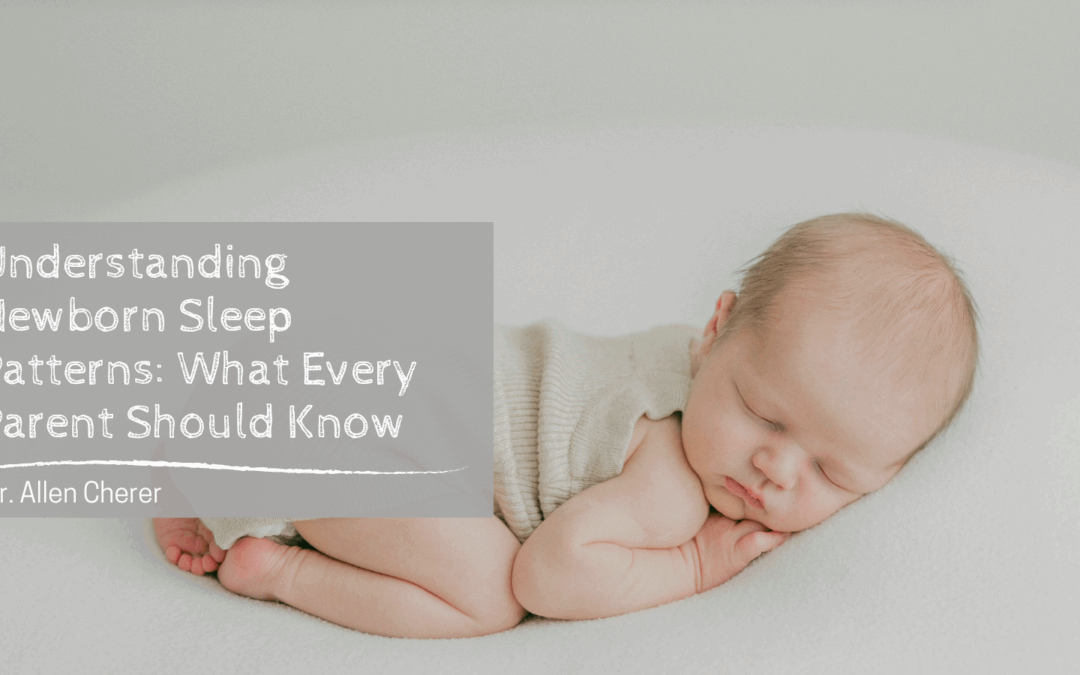One of the first surprises new parents encounter is how differently babies sleep compared to adults. While adults thrive on consolidated blocks of rest, newborns operate on an entirely different rhythm. Understanding these patterns not only eases frustration but also helps parents create a nurturing environment for healthy sleep.
How Much Do Newborns Sleep?
Newborns typically sleep between 14 to 17 hours in a 24-hour period. However, their sleep isn’t continuous. Instead, they rest in stretches of 2 to 4 hours at a time. This fragmentation is completely normal, as their tiny stomachs require frequent feedings—day and night.
Day vs. Night Confusion
It’s common for babies to mix up days and nights in the early weeks. Some infants are more alert during nighttime hours and sleep longer stretches during the day. Parents can gently help adjust their baby’s internal clock by exposing them to natural light during the day and keeping nighttime feedings calm and quiet.
Safe Sleep Practices
Safety should always be at the center of newborn sleep. Experts recommend placing babies on their backs for every nap and nighttime sleep. Use a firm mattress with no pillows, blankets, or stuffed animals to reduce the risk of Sudden Infant Death Syndrome (SIDS). The American Academy of Pediatrics also suggests keeping the crib or bassinet in the parents’ room for the first six months.
Creating a Sleep Routine
While newborns are too young for strict schedules, gentle routines can help signal when it’s time to wind down. Dimming the lights, speaking in soft tones, swaddling, or using white noise can create a calming environment. These cues lay the groundwork for longer stretches of sleep as babies grow.
Growth Spurts and Sleep Changes
Expect fluctuations. During growth spurts, babies may wake more frequently to feed, while developmental leaps can briefly disrupt rest. These phases are temporary, and returning to familiar soothing routines usually helps reestablish rhythm.
Final Thoughts
Newborn sleep is unpredictable, but it is also fleeting—patterns evolve rapidly over the first months. By focusing on safe practices, gentle routines, and realistic expectations, parents can better navigate those sleepless nights. Remember: every baby is different, and while no one solution fits all, patience and consistency go a long way in supporting healthy sleep for both your baby and yourself.

